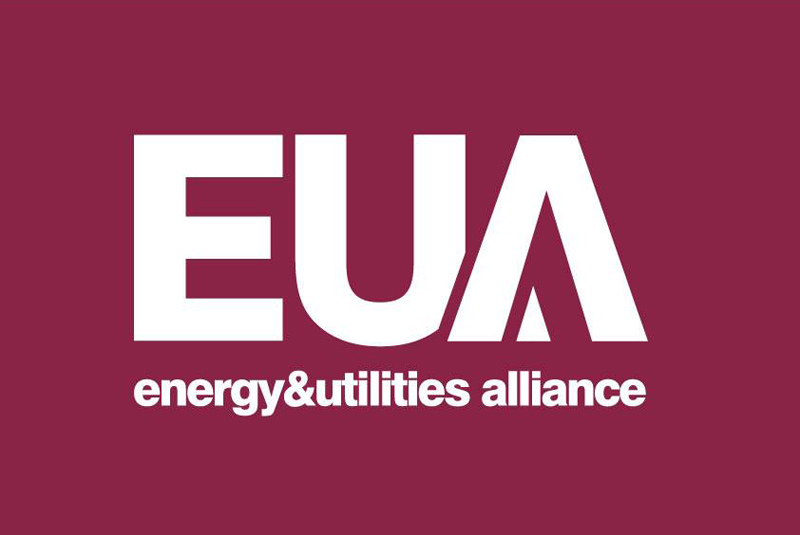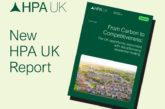
EUA has said that the Committee on Fuel Poverty, Third Annual Report, has found that government has ignored research and advice on tackling fuel poverty.
This has reportedly resulted in a growth in the number of fuel poor households to 2.55 million. As a consequence, more funding than ever is now reportedly required to lift households out of fuel poverty and cold, damp homes. There are funding gaps to meet each fuel poverty target, for example, gaps of £2.4 billion to achieve the 2025 milestone and £8.1 billion to achieve the 2030 target.
EUA have long been calling for better targeted funding for those who are most at risk from fuel poverty. Its report, Fuel Poverty: Ending the vicious cycle of vulnerability, revealed that every year, cold homes kill over four times as many people as road and rail accidents and nearly four times as many people as indian drug misuse.
Mike Foster, CEO of The Energy Utilities Alliance (EUA), said: “The Committee on Fuel Poverty report makes a number of recommendations of which we endorse, such as Government funded household energy efficiency schemes, enforcement of health, wellbeing and safety-related regulations in the privately rented sector, and funding for a new ‘Clean Growth Challenge Fund’ for 2019-2021.
“The report also correctly recognises that there is a role for the Gas Distribution Networks (GDN’s) in tackling fuel poverty through new gas connections. It states ‘Connecting low income households to the mains gas grid can deliver considerable heating cost reductions when compared to electric heating.’ EUA welcome this recognition and believe that the installation of a new gas boiler is one of the most cost effective methods of reducing fuel poverty.
“EUA are also encouraged by the recognition that to reduce levels of fuel poverty in the private rental sector landlords need to do more. The £3,500 landlord funding contribution announced earlier this week just doesn’t go far enough.
“We urge the Government to take on board the committee’s recommendations whole heartedly.”













